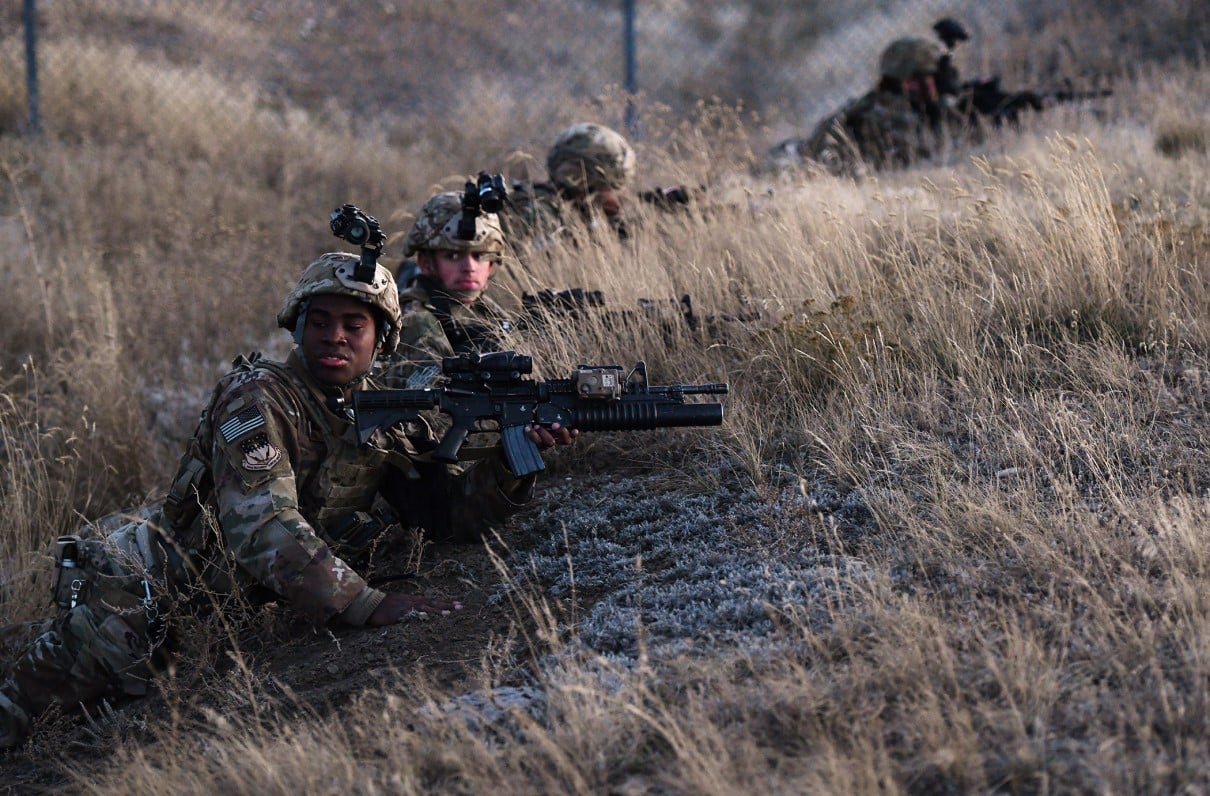Several MOAA members have asked why they were denied enrollment in VA health care by the Veterans Health Administration.
Typically, these members have not been “denied enrollment”; their situation usually comes down to not understanding VHA Priority Group protocols. You can learn more about these groups here.
Basic VHA eligibility entails individuals who served in the active military, or qualified Reserve or National Guard members, who were discharged or released under conditions other than dishonorable. Typical minimum service requirements are 24 continuous months or the full period for which they were called to active duty.
Once eligibility has been established, the VA assigns the veteran one of eight VA Health Care Priority Groups (PGs). The full breakdown is available here: https://www.va.gov/health-care/eligibility/priority-groups/
[MOAA WEBINARS: Expert Advice on VA Benefits, Transition, and More]
When a member asks about being denied VHA enrollment, my first question is always, “Do you have a VA disability compensation rating?” Almost universally, the answer is “No.”
VHA prioritizes priority groups for veterans with service-connected disabilities. When the veteran has no VA rating, the VA determines group assignment by special circumstance (for example: Medal of Honor recipient, Purple Heart recipient, or former prisoner of war) or by income. For veterans with no rating or special circumstance, then gross household income must be below VA income limits. Most officer retirees exceed this income threshold and are placed in PG8, the lowest priority group. Shortly after Sept. 11, 2001, in an effort to prioritize limited care resources, VHA stopped providing care to veterans assigned PG8.
The bottom line for these members: They are enrolled in VHA, but they are assigned PG8 and therefore will not be afforded access to VHA.
You can check your income levels against VHA limits, adjusted for geography, at https://www.va.gov/healthbenefits/apps/explorer/AnnualIncomeLimits/HealthBenefits
[RELATED: MOAA's Pay and Benefits Resources]
Let’s examine the criteria for each VHA Priority Group:
Priority Group 1
- Veterans with VA-rated service-connected disabilities 50% or more disabling
- Veterans determined by VA to be unemployable due to service-connected conditions
Priority Group 2
- Veterans with VA-rated service-connected disabilities 30% or 40% disabling
Priority Group 3
- Veterans with VA-rated service-connected disabilities 10% or 20% disabling
- Veterans who are former Prisoners of War or have been awarded the Medal of Honor or Purple Heart
Priority Group 4
- Veterans in receipt of aid and attendance or housebound benefits
Priority Group 5
- Veterans with no rating or a non-compensable 0% rating who fall below income threshold
Priority Group 6
- Veterans with VA-rated service-connected disabilities 0% disabling
- Veterans exposed to ionizing radiation
- Veterans who served in Vietnam between Jan. 9, 1962, and May 7, 1975
- Veterans who served on active duty at Camp Lejeune, N.C., between Aug. 1, 1953, and Dec. 31, 1987 (Learn why here)
- Veterans of the Persian Gulf War who served between Aug. 2, 1990 and Nov. 11, 1998
- Veterans who served in a theater of combat operations after Nov. 11, 1998, and those discharged from active duty on or after Jan. 28, 2003, are eligible for enhanced benefits for 5 years post-discharge.
Priority Group 7
- Veterans with gross household income below the geographically-adjusted income limits
Priority Group 8
- Veterans with gross household income above the VA geographically-adjusted income limits
Treatment for service-connected conditions, and treatment for those assigned to PG1, come at no cost to the veteran. In most cases, those in PGs 2-7 incur a copay for nonservice-connected care. To learn more about VHA co-pays, visit https://www.va.gov/health-care/copay-rates/.
Join MOAA Today
Becoming an officer was hard. Getting advice from one is easy. Click below for more details.



